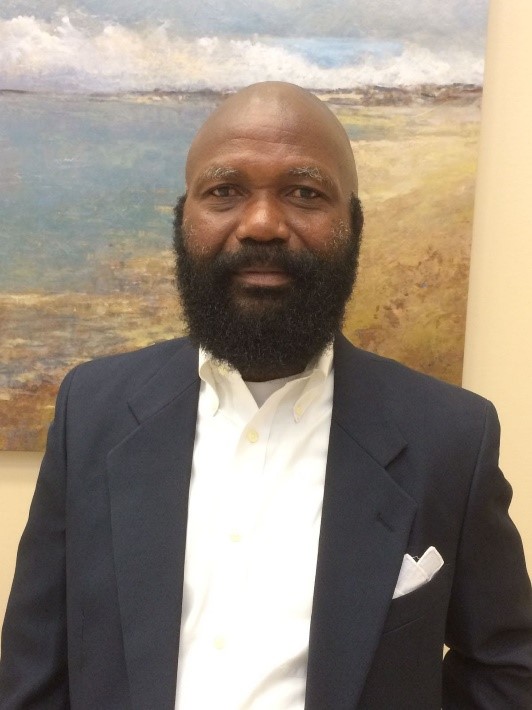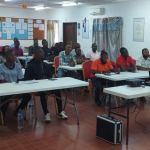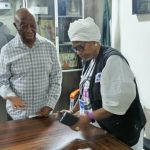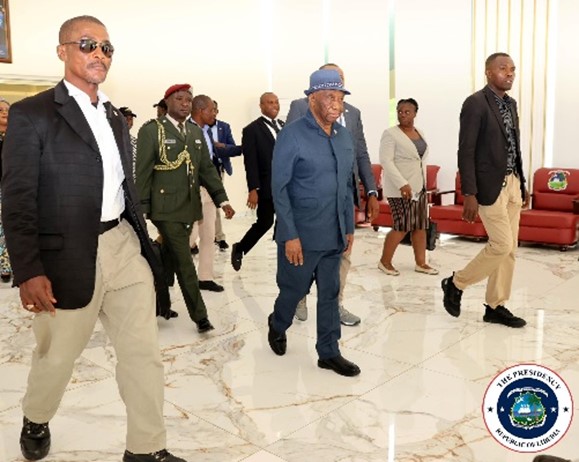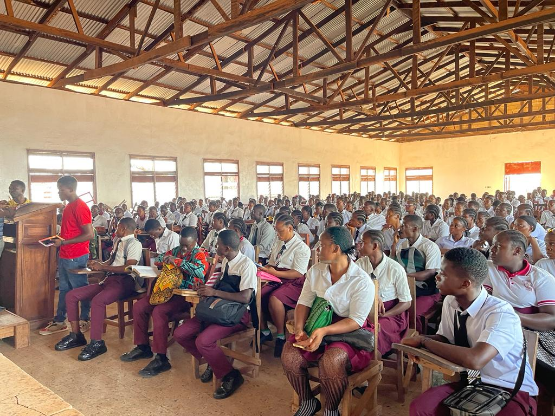In an exclusive interview with the Hot Pepper over the weekend, Pero M.K. Kerkula, a former instructor of public administration at the University of Liberia (UL), once lecturer of service learning and community development at the United Methodist University (UMU) and quondam student leader at the Ibrahim Badamasi Babangida (IBB) Graduate School of International Studies at the University of Liberia, has cautioned the in-coming Government of Liberia (GOL) to unconditionally take into consideration government of inclusion and inclusive governance. He emphasized that a government of inclusion and inclusive governance in the democratic setting should include ethnic balance to reflect all segments of the Liberian people in the cabinet at the Executive Mansion.
According to Kerkula, government of inclusion is a prerequisite for enhancing Liberia’s emerging democracy. “It’s expected that the winning party in the presidential run-off unconditionally forms a government of inclusion and inclusive governance based on expertise and seeing the people of Liberia in the cabinet. A perfect government of inclusion and inclusive governance in Liberia should mean all ethnic groups should be seen as ministers, deputy and assistant ministers and managing directors in the President’s cabinet and lower appointments at all levels of government,” Kerkula told the Hot Pepper.
He pointed out that when people feel excluded from government through political means they become disenfranchised and can easily pull their intellectuals from diverse backgrounds to undermine and undercut the actual existence of the government in power by and through diplomatic consultations, regional engagements and other measures. The idea that party-x wins the run-off and therefore should exclude partisans of party-b and other Liberians from public employment should be discouraged by all political leaders. Venting for the best fit candidates to head responsible public offices irrespective of their political alliances, partisanship, tribal, regional or religious affiliations will create and foster dialogue between and amongst the incumbent government and opposition political parties and the citizenry. “It’s not a prudent political judgment to think that a winner takes all in our plural democracy,” Kerkula emphasized.
Accordingly, Kerkula maintained that government of inclusion and inclusive governance help to create a workplace environment in which any individual or group can feel really welcomed, respected, supported and valued to fully participate. Ultimately, every individual in a workforce is responsible for making the people around them feel safe and valued. This includes managers, teammates, colleagues in other departments. Therefore, he urged that the appointing authority—the Executive—should scout out for the best fit candidates from the 16 ethnic groups to form the cabinet and upper leadership for other agencies of government supported by a cross-section of a mixture of diverse backgrounds.
Furthermore, he said that when people feel excluded from government’s employment because of their political association, beliefs and views, they become disgruntled opposition to the government. Their disgruntlement often a time leads to political chaos and instability that can cause a violent change of government. For instance, the April 12, 1980 military coup d’état that brought down the government of the True Whig Party (TWP) of 133 years of rule of charges for rampant corruption, misuse of public offices and nepotism. Also, the December 24, 1989 invasion that resulted into a prolonged deadly civil war.
He was quick to state that government of inclusion (inclusive society) is a society that over-rides differences of tribal, regional, class, and ensures inclusion, equality of opportunity as well as capability of all members of the society to determine on an agreed set of social institutions. He further argued that complete/full inclusion safeguards reconciliation, unity, peace, progress, stability, citizenship, nation rebuilding, infrastructural development, job creation and national security. “Inclusive practice is not always inclusive but is a form of integration of the larger population in the governance of the nation-state. We’ve got to be more inclusive for public service efficiency, effectiveness, greater productivity, more innovation, and better decision-making to make Liberia a better place for all to dwell in for opportunity, growth and development,” he added.
Kerkula lamented that government of inclusion and inclusive governance principles such as participation, transparency and accountability, the focus on institutions, the concern for constructive state-society relations (social contract), the need to involve citizens and civil society in decision-making will expand and enhance our emerging democracy and guarantee our national security.
He concluded by saying that inclusive governance emphasizes more on principles: participation, power, accessibility, structure, accountability, empowerment, fairness, collaboration, capacity, and decision-making. Most importantly, it guarantees reconciliation, unity, peace, progress, stability, citizenship, nation rebuilding and national security.

